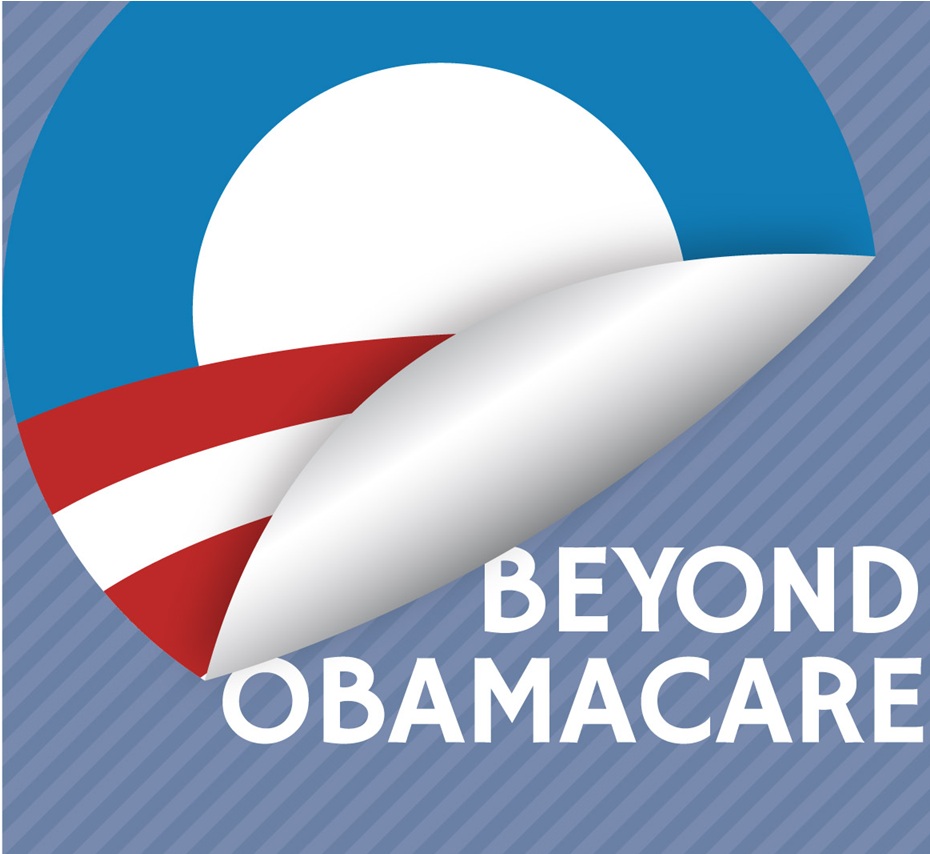Media
What Does Election Mean for Obamacare?

While exit polling shows a majority of voters support full or partial repeal of the Affordable Care Act, this outcome remains unlikely. President Obama will not reverse his landmark accomplishment in his second term. However, states still control the destiny of the ACA with a large role to play in how the law is implemented.
State lawmakers, who were largely reelected, have been disinterested in implementing two key pieces of the health care law: Medicaid expansion and state-run exchanges.
The Medicaid expansion under the ACA would add an estimated $1.3 to $5.5 billion in state costs for Pennsylvania taxpayers (on top of federal tax dollars), at a point when Medicaid costs are already unsustainable. While Gov. Corbett has not taken a hard line, several states have already said they will reject the Medicaid expansion.
Further, the federal government recently extended the deadline for states to outline their plan for implementing exchanges due to a lack of action. So far only 14 states have established state exchanges, and Michael Cannon explains why other states should hold off.
Additionally, three ballot measures to block enforcement of the individual mandate—similar to SB 10 which the Pennsylvania Senate advanced in June—passed last week, bringing the total to 17 states that have enacted laws or constitutional amendments that would prohibit enforcing the individual mandate.
In short, we have an impasse. Obamacare requires states to take action to implement key pieces, yet state officials have little desire, no obligation and not enough funds to do so.
Gov. Corbett and state lawmakers should use this impasse to negotiate flexibility and secure more state control over Medicaid spending which will prove necessary to address the four alarm fiscal fire facing Pennsylvania.